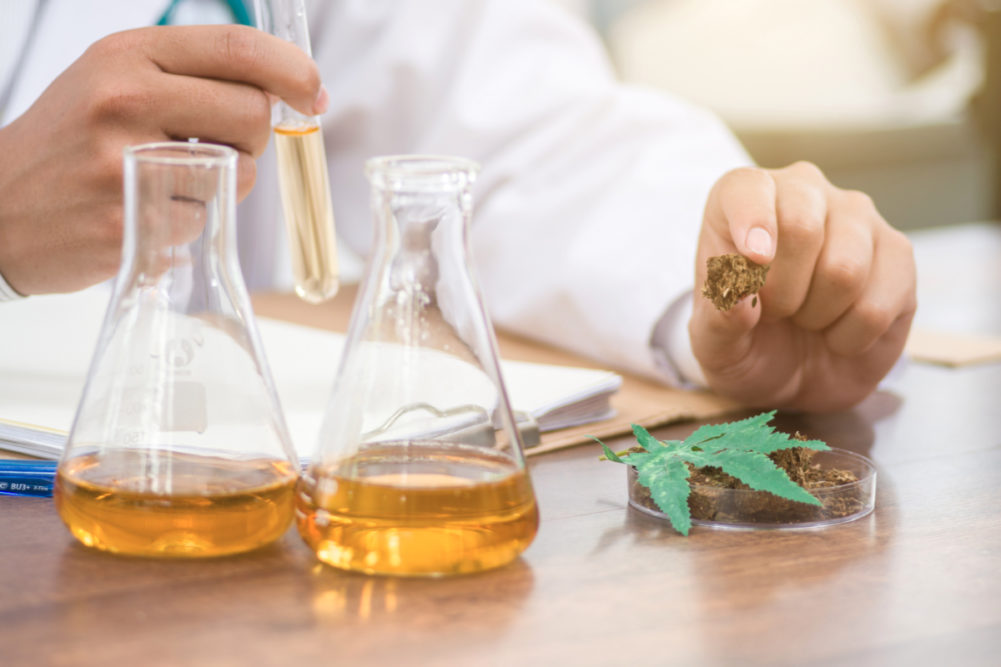WASHINGTON — A preliminary study by the US Food and Drug Administration found many products containing cannabidiol (CBD) are mislabeled, containing either significantly more or less CBD than advertised.
Nearly a quarter of food products tested by the agency did not meet their label claims, according to a report sent to the House Appropriations Committee obtained by Hemp Industry Daily. The numbers come from the agency’s recent sampling study of the CBD marketplace, which only included products available online.
The FDA randomly tested 200 tinctures, oils, capsules, edibles, drinks and pet products containing CBD, a non-intoxicating compound. Nearly half were found to contain THC, the psychoactive component of cannabis.
Of the 20 food and beverage products that listed a specific amount of CBD on the label, five contained less than 80% of the amount indicated and six contained more than 120% of the amount indicated. Eight food products were found to contain THC.
The results are from a limited sample size and warrant a longer-term study that includes products sold in brick-and-mortar stores, the FDA said.
Recent efforts to gather data on the CBD marketplace, including a public hearing last May, raised concerns about mislabeling, according to the report. The FDA also said it “lacks significant information on what CBD-containing products are on the market” and that there is little information available about the products themselves.
The agency has yet to give CBD a Generally Recognized As Safe (GRAS) status or approve products that contain it.
Besty Boren, senior vice president of regulatory and technical affairs at the Consumer Brands Association, said the FDA should do more to regulate the CBD marketplace.
“The FDA’s recent report on the labeling accuracy of CBD products further affirms the need for federal regulatory clarity,” she said. “Allowing bad actors to continue to put products on the market, unchecked, is a threat to consumer safety everywhere.”
A similar study from the Minnesota Hemp Farmers & Manufacturers Association and Confidence Analytics found some CBD products contain as much as three times the stated amount while others contain no CBD. The association tested 25 products sold in Minneapolis and found 64% did not meet their label claims.





